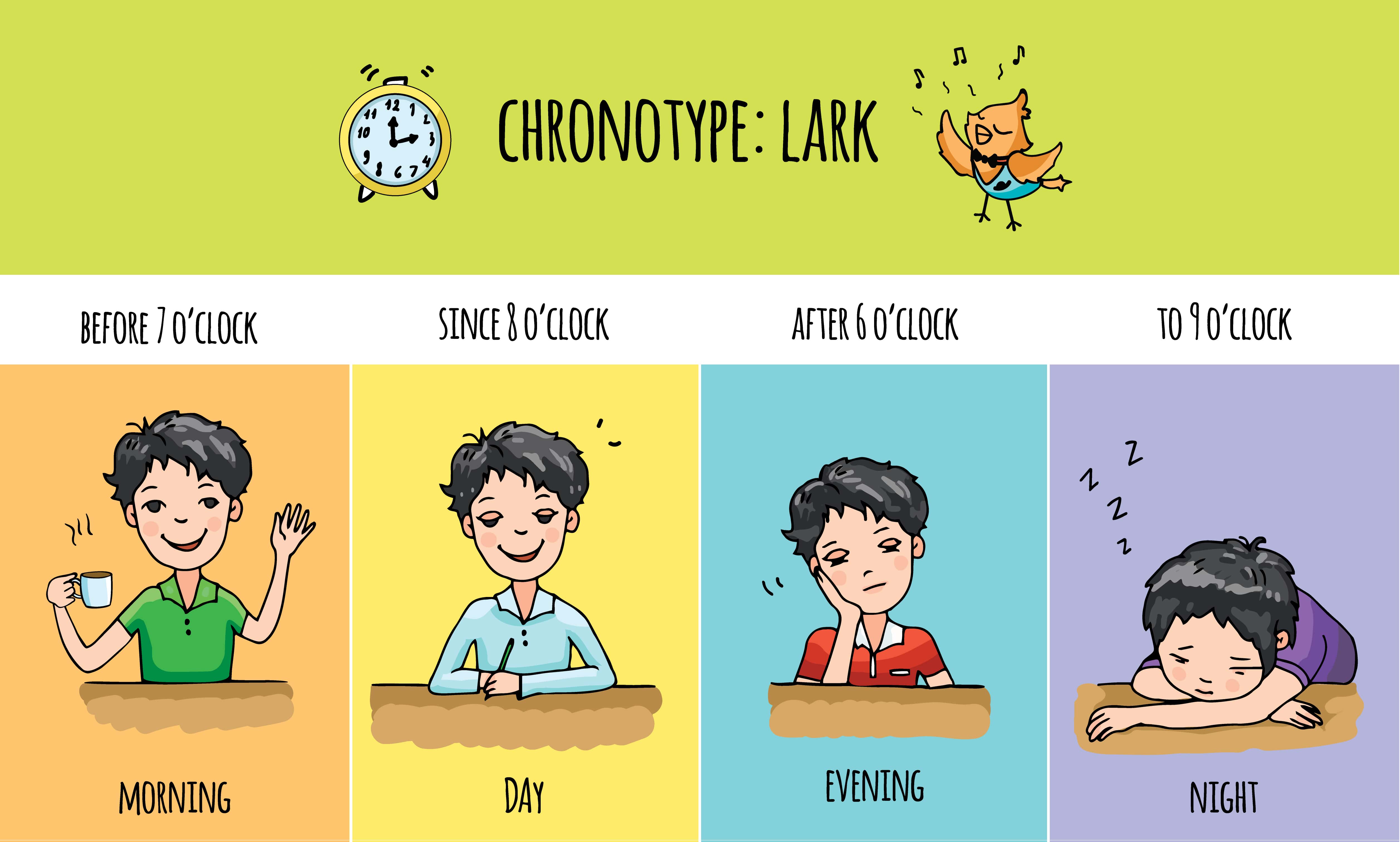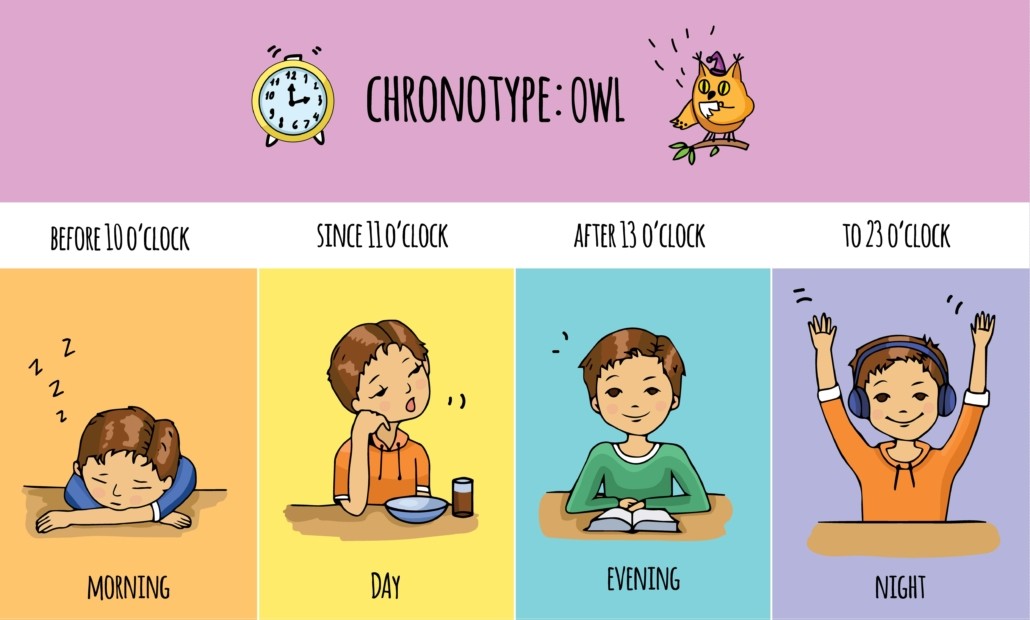Exam preparation: The 15 best tips for students
Written by Christina Pichler, Oct 07, 2022
Preparing for exams is an essential part of studying. There are many things to keep in mind. It’s especially important to know which learning style works best for you and at what time you study efficiently, since these two factors influence the ideal study strategy and method. We have important information and advice in this article. Furthermore, we have 15 tips for the ideal exam preparation, so nothing can go wrong!










